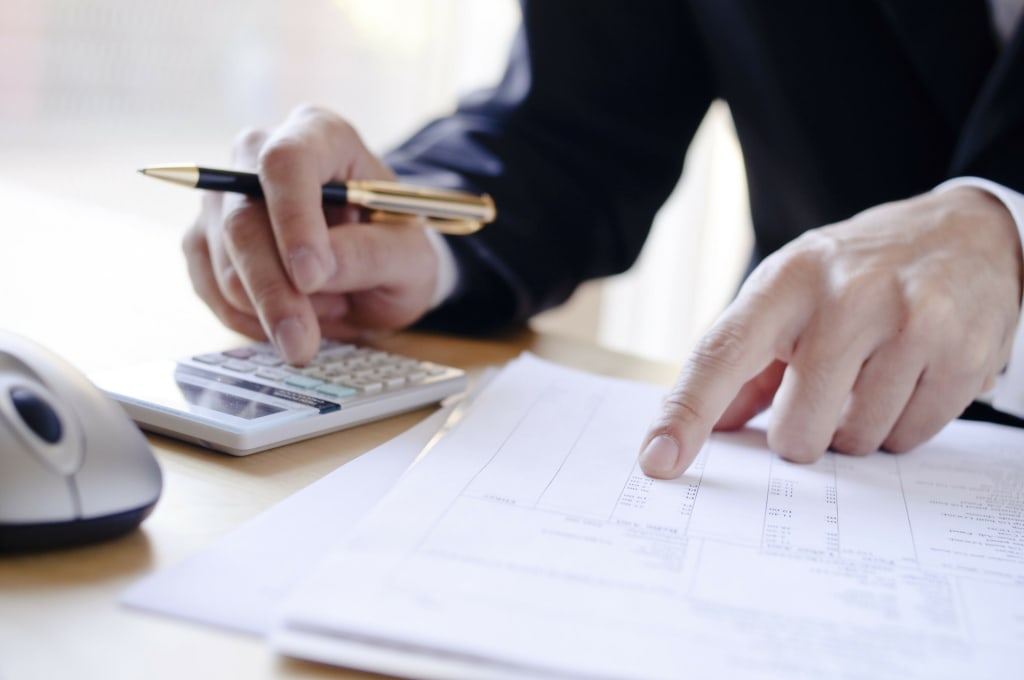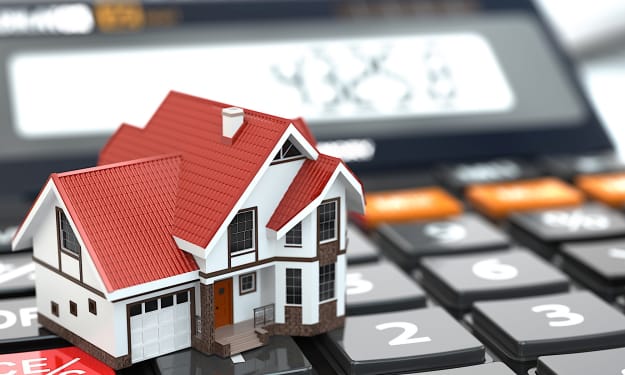
Budgeting and forecasting are like the superheroes of property management accounting. They help you plan for the future, anticipate potential challenges, and ensure that you're on the right financial track. By setting realistic budgets and making accurate forecasts, you can make informed decisions and avoid financial pitfalls. It's like having a crystal ball that tells you whether you should splurge on that fancy coffee machine or tighten your belt.
Creating Realistic and Effective Budgets
Creating budgets doesn't have to be a daunting task. It's all about breaking down your income and expenses, considering market trends, and accounting for unexpected surprises (like that time the elevator broke down for the fifth time). By setting realistic and effective budgets, you can ensure that your property management accounting business stays financially healthy and that you don't end up digging through the couch cushions for spare change.
Monitoring and Adjusting Budgets for Optimal Financial Performance
Setting a budget is just the beginning; you need to actively monitor and adjust it as needed. Regularly reviewing your financial performance against your budget allows you to identify potential issues and make necessary adjustments. It's like being a financial detective, always on the lookout for clues and ready to crack the case of budget misalignment. By staying vigilant, you can optimize your property's financial performance and keep your budget in check.
Understanding Legal and Regulatory Requirements
Property management outsourcing isn't just about crunching numbers; it also involves navigating legal and regulatory waters. From lease agreements to security deposits, there are various rules and regulations that property managers must follow. By ensuring compliance with these requirements, you can safeguard your business and avoid any legal headaches. It's like studying for a pop quiz, but with the added bonus of protecting yourself from financial penalties.
Tax Deductions and Benefits for Property Managers
Who doesn't love a good tax deduction? As a property manager, you'll be pleased to know that there are specific tax benefits and deductions available to you. From deducting property expenses to capitalizing on depreciation, these tax incentives can help reduce your overall tax liability and keep more money in your pocket. Talk about a win-win situation! Just remember to consult with a tax professional to ensure you're taking full advantage of these benefits while staying on the right side of the tax man.In conclusion, property management accounting is a vital aspect of effectively managing rental properties. By implementing accurate financial record-keeping, adhering to key principles and practices, leveraging technology, and staying informed about compliance and tax considerations, property managers can ensure the financial health and success of their properties. By taking a proactive approach to property management accounting, professionals in the industry can make informed decisions, maintain financial stability, and maximize the returns on their investments. By following best practices and utilizing the appropriate tools and resources, property managers can streamline their accounting processes and focus on providing exceptional property management services.
FAQ for Property Management Accounting
Why is accurate financial record-keeping important in property management?
Accurate financial record-keeping is crucial in property management as it allows property managers to track income and expenses, monitor cash flow, and generate essential reports. It provides a clear picture of the financial health of the property and enables informed decision-making regarding budgeting, forecasting, and investment strategies.
What are some common challenges in property management accounting?
Property management accounting can present various challenges, such as managing multiple properties with different financials, dealing with late payments and delinquent rent, and handling maintenance and repair expenses. These challenges can impact cash flow and require effective strategies and solutions to maintain financial stability.
How can technology aid in efficient property management accounting?
Technology offers numerous tools and software solutions that streamline property management accounting processes. Property management accounting software can automate tasks, integrate with property management systems, and provide real-time access to financial data. Mobile apps also enable property managers to handle accounting tasks on-the-go, promoting efficiency and accuracy.
What are some compliance and tax considerations in property management accounting?
Compliance and tax considerations in property management accounting include understanding legal and regulatory requirements, such as lease agreements, tenant rights, and fair housing laws. Property managers should also be aware of tax deductions and benefits available to them, such as depreciation, repairs, and maintenance expenses, to optimize their tax strategies and maximize financial returns.
About the Creator
Farzam
We are a complete property management outsourcing solution. We manage everything related to Property answering, property management accounting, maintenance dispatching, and much more. We’ve been managing for over 7 years.





Comments
There are no comments for this story
Be the first to respond and start the conversation.